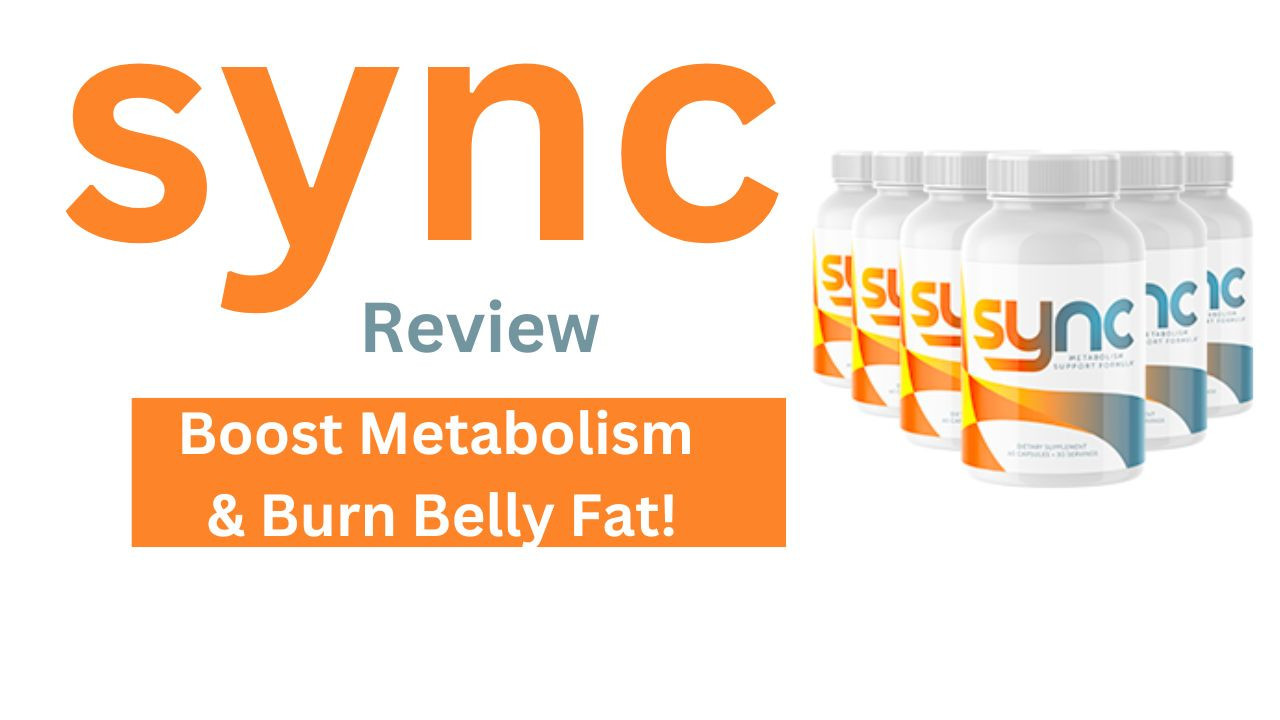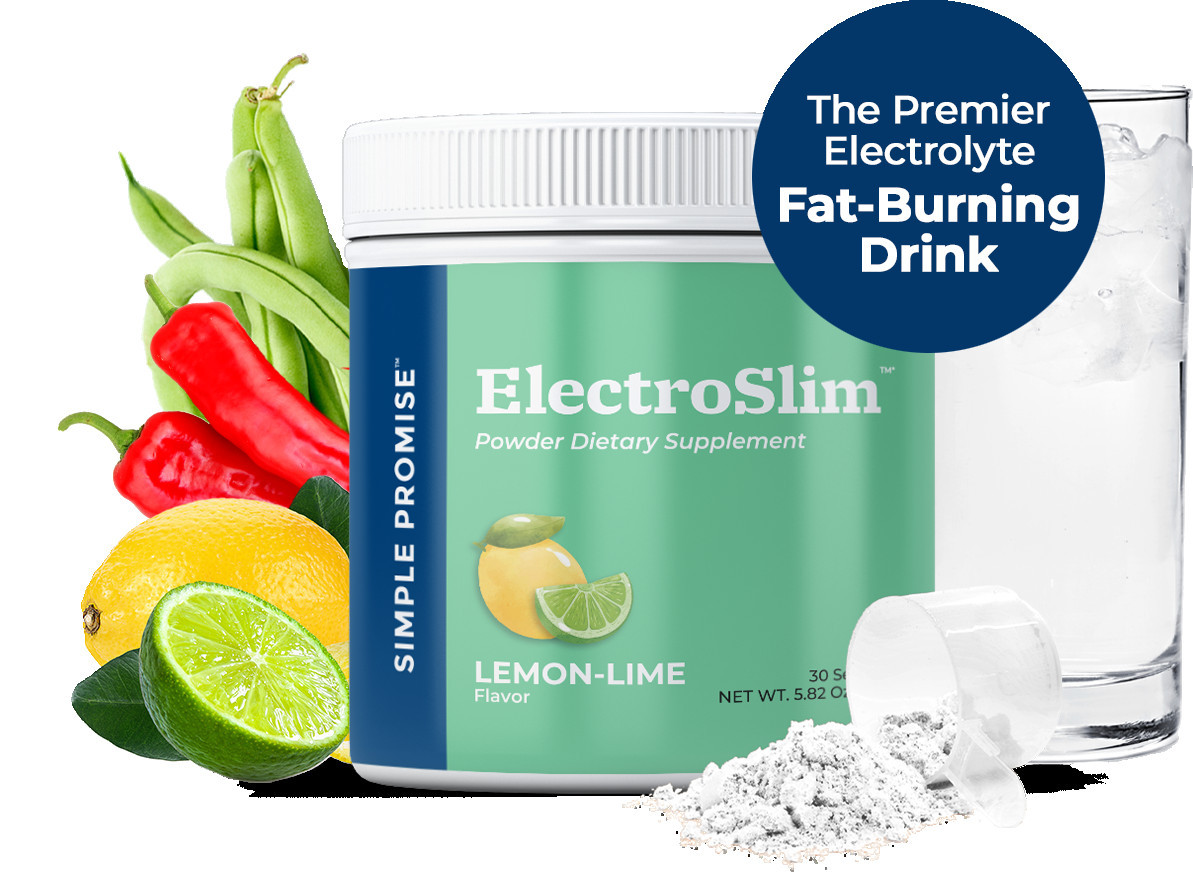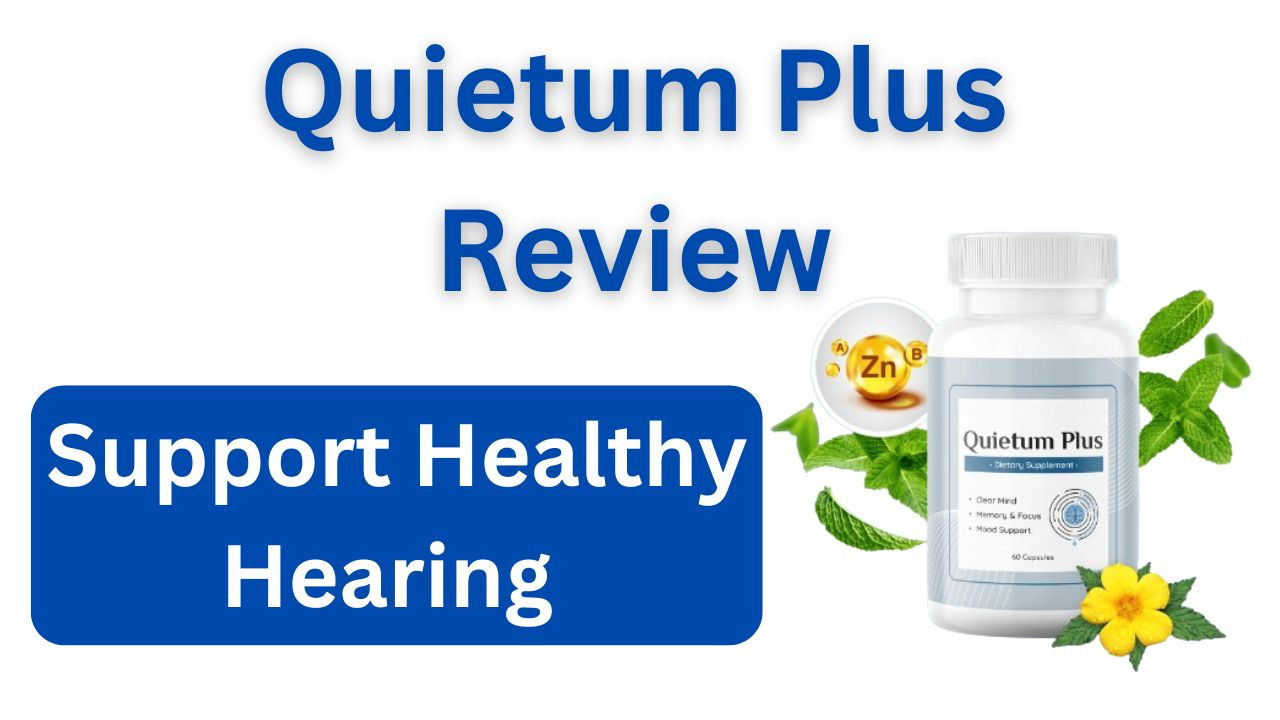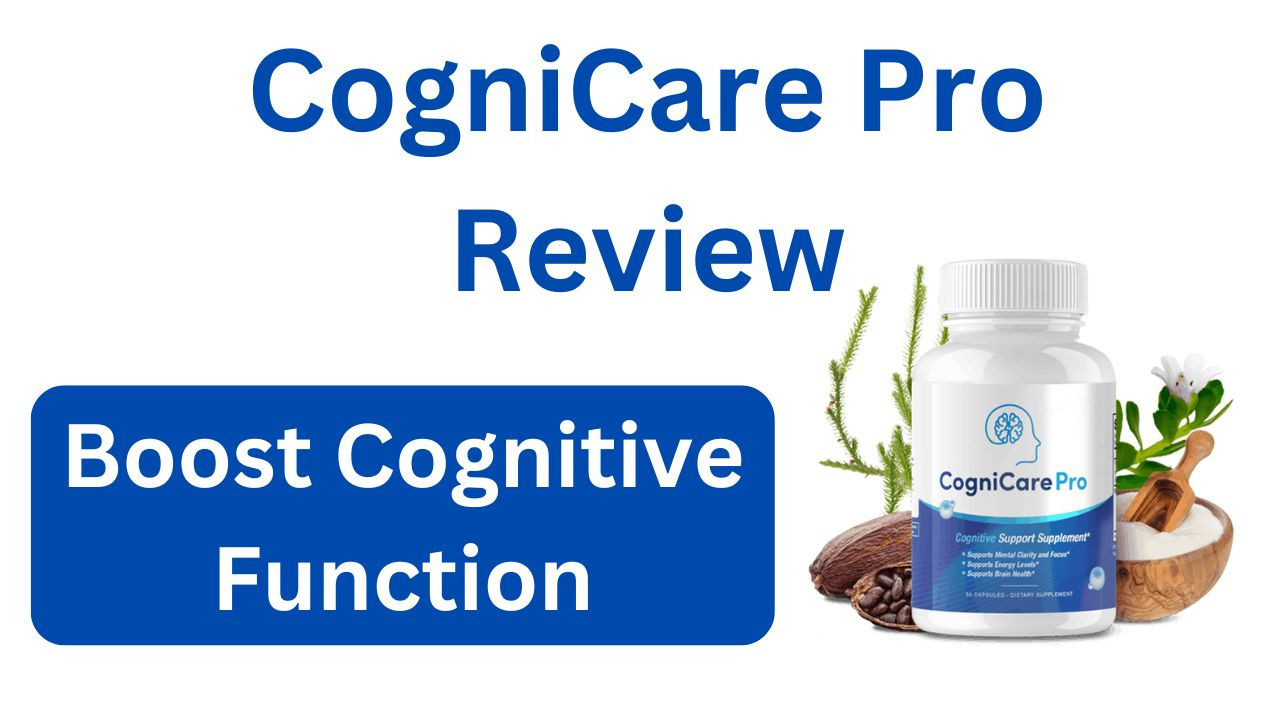Certainly! Here are 50 effective tips for maintaining a healthy prostate in men aged 40 and above:
1. Maintain a balanced diet rich in fruits, vegetables, whole grains, and lean proteins.
2. Limit the consumption of red meat and processed foods.
3. Include foods high in antioxidants, such as berries, tomatoes, and green leafy vegetables.
4. Stay hydrated by drinking an adequate amount of water throughout the day.
5. Limit the consumption of alcohol and caffeinated beverages.
6. Incorporate regular exercise into your routine, such as walking, jogging, or swimming.
7. Manage stress levels through relaxation techniques like meditation or deep breathing exercises.
8. Avoid sitting for long periods and make an effort to engage in physical activity throughout the day.
9. Maintain a healthy weight to reduce the risk of prostate-related issues.
10. Quit smoking, as it increases the risk of prostate problems.
11. Practice safe sex to reduce the risk of sexually transmitted infections that can affect the prostate.
12. Get regular check-ups and screenings for prostate-related issues.
13. Know your family history of prostate problems and inform your healthcare provider.
14. Limit the use of over-the-counter decongestants and antihistamines, as they can affect prostate health.
15. Avoid holding urine for extended periods; empty your bladder regularly.
16. Urinate before and after sexual activity to help flush out bacteria and reduce the risk of infections.
17. Practice good hygiene to prevent urinary tract infections.
18. Maintain a regular sleep schedule and aim for sufficient sleep each night.
19. Limit your intake of dairy products, especially high-fat options.
20. Include plant-based sources of omega-3 fatty acids, such as flaxseeds or chia seeds, in your diet.
21. Avoid exposure to environmental toxins whenever possible.
22. Include zinc-rich foods in your diet, such as pumpkin seeds, oysters, and spinach.
23. Consume foods rich in selenium, like Brazil nuts, tuna, and whole grains.
24. Include lycopene-rich foods, such as tomatoes and watermelon, in your diet.
25. Limit the intake of sugary and high-calorie foods, which can contribute to weight gain and inflammation.
26. Avoid excessive cycling, as it may put pressure on the prostate.
27. Engage in regular pelvic floor exercises to strengthen the muscles around the prostate.
28. Avoid excessive consumption of spicy foods that may irritate the urinary tract.
29. Include natural sources of vitamin E, such as almonds, sunflower seeds, and avocados, in your diet.
30. Limit the consumption of calcium supplements, as excessive amounts may increase the risk of prostate issues.
31. Maintain a healthy cholesterol level by consuming a diet low in saturated and trans fats.
32. Include foods rich in folate, such as leafy greens and legumes, in your diet.
33. Avoid prolonged exposure to cold temperatures, as it may affect prostate health.
34. Manage chronic health conditions like diabetes and hypertension, as they can affect prostate health.
35. Practice relaxation techniques, such as yoga or tai chi, to reduce inflammation and improve overall well-being.
36. Limit the use of nonsteroidal anti-inflammatory drugs (NSAIDs) unless recommended by your healthcare provider.
37. Stay informed about the latest research and advancements in prostate health.
38. Consider including natural supplements like saw palmetto or pygeum extract after consulting with your doctor.
39. Use protective gear, such as helmets and safety belts, to avoid injuries that can impact prostate health.
40. Practice good posture to avoid unnecessary strain on the lower back and pelvis.
41. Limit exposure to radiation, such as x-rays, whenever possible.
42. Avoid or limit the use of certain medications that may
affect prostate health; consult your doctor for guidance.
43. Avoid excessive use of saunas or hot tubs, as they may raise the temperature of the testicles and affect prostate health.
44. Be aware of the potential side effects of certain medications on prostate health and discuss them with your doctor.
45. Stay sexually active, as regular ejaculation has been associated with a lower risk of prostate problems.
46. Get regular aerobic exercise, such as brisk walking or cycling, to improve blood circulation and overall health.
47. Avoid excessive consumption of spicy, fried, or processed foods that may cause inflammation in the body.
48. Consider including herbal teas, such as green tea or nettle tea, in your diet for their potential prostate health benefits.
49. Maintain good oral hygiene to reduce the risk of bacterial infections that can affect prostate health.
50. Stay informed about the symptoms of prostate problems and seek medical attention if you experience any concerning signs.
Remember to consult with your healthcare provider before making any significant changes to your diet, exercise routine, or lifestyle, especially if you have pre-existing medical conditions or take medications.
















Facebook Conversations